By Amanda Hill
Remember in school when you learned about carnivores, omnivores and herbivores? Those terms always made me think of dinosaurs, rather than dietary preferences. But in the past few months, I’ve been wondering if I’m a different kind of dinosaur—a “locavore.”
I’ve heard several people describe locavores as people who eat local food. (Speaking of school, wasn’t there a rule that you couldn’t define a word with the same word?) Others say it means only buying food grown within a 100-mile radius of your home.
This whole local food movement has got me thinking.
To me, buying “local” food means purchasing fresh produce, meat and products that are grown here in Texas, when you can. I like shopping at farmers’ markets and roadside stands (like the one Kelly visited in Stonewall), but usually I go to my neighborhood grocery store to buy food for my family.
Modern American grocery stores are pretty amazing. At any point of the week or day, I can drive less than a mile and buy pretty much any type of food I want. My grocery store stocks all kinds of fresh produce—cantaloupes, grapes and tomatoes are current favorites at our house. I try to buy produce in season, including Texas-grown fruits and vegetables whenever possible. Much of the beef at the meat counter comes from Texas ranches. In a short drive, I can buy fresh, healthy food that was grown here in the Lone Star State. That’s pretty remarkable.
Everyone seems to have a slightly different definition of “local,” but some common threads include the words “regional,” “seasonal” and “supports local farmers.” I think those terms are spot on.
To me, the heart of the local food movement is people want to know where their food is grown and who grows it. I’m fortunate to work with the Texas farmers and ranchers who raise vegetables, fruit, grains, meat and dairy products that I buy at the store. When I pick out a cantaloupe, I think about farmer Bruce Frasier of Carrizo Springs and his sweet cantaloupe crop. At the meat counter, I know my steaks may have been raised by Lloyd Huggins, a rancher near Hico—not too far from my home in Waco.
I understand that not everyone is able to get to know these farmers and ranchers personally. We’re hoping to change that soon by introducing you to a few of them through Texas Table Top.
So how do you define “local” food? Is it buying produce from a roadside stand or farmer’s market? Do you buy all of your food from high-end boutique stores like Whole Foods and Central Market? Or do you find Texas products at your neighborhood grocery store?
Leave a comment—I’d like to hear what local food means to you.


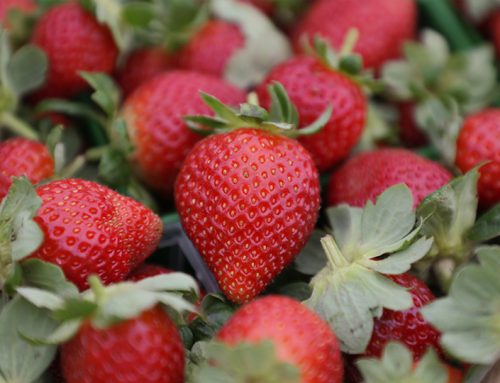
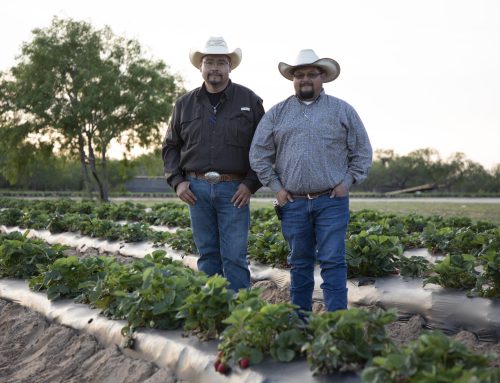
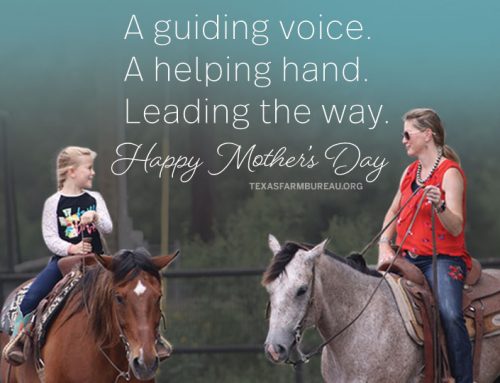
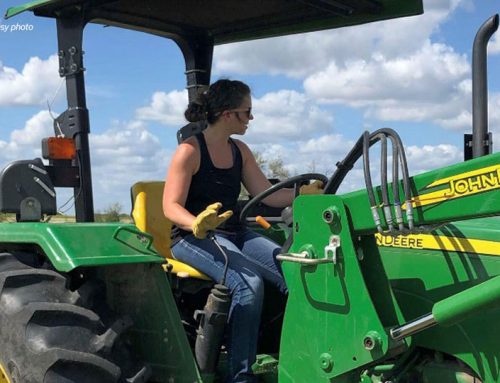
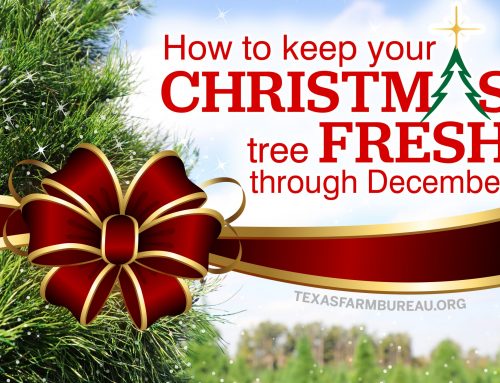




I am a dryland farmer near Satin Texas and am of the opinion that people who are concerned about freshness,quality,and keeping the dollars close to home will buy food from producers who are within 150 miles or so of their residence.
I find that there is sufficient variety available to cook excellent meals using a bit of immagination and skill. Besides you get to know local people,the children can learn some real world knowledge as well as interact with real people and possibly livestock. I might even go so far to say that if you consider yourself a patriot then it is incumbent of yourself to buy locally and to support your local employment!! The stability of our Nations food supply really is a matter of National Security.
[…] a growing interest in meeting the men and women who grow our produce, and many people like to buy local food. Fortunately, we live in a society that creates markets to meet customers’ desires and needs. […]